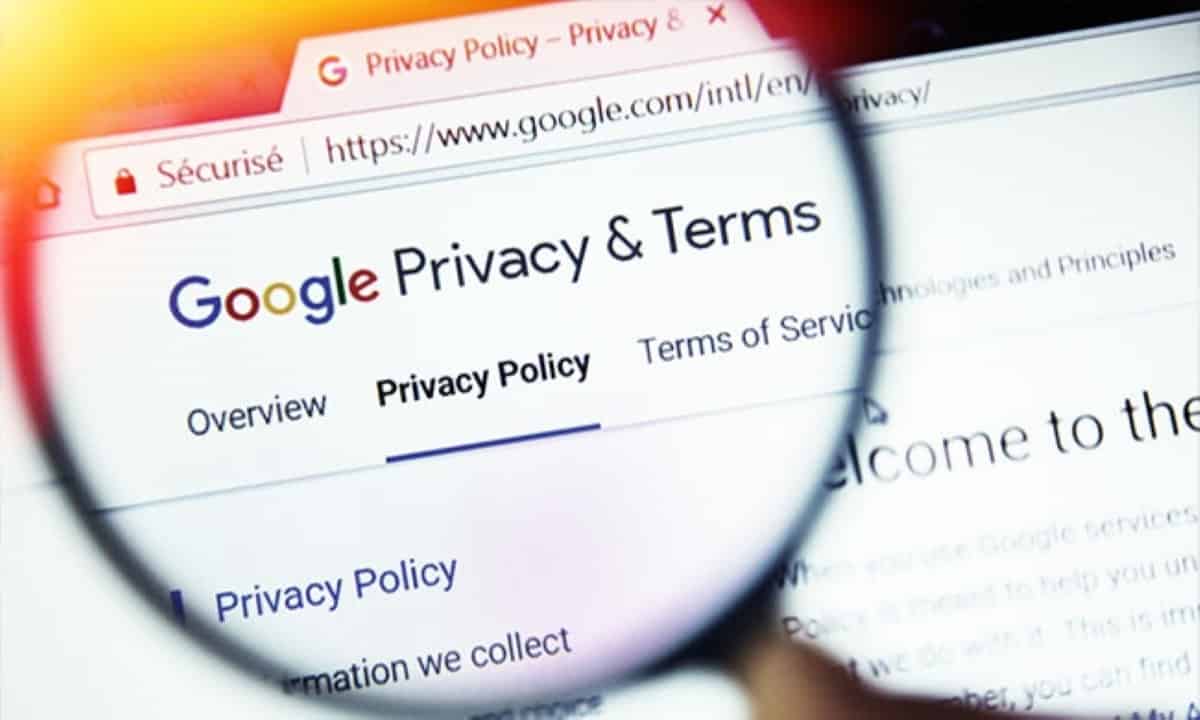Almost every one of us uses Google Maps for our daily commutes because of how well it works. Whether you know or not, Google stores your location history like the places you visited or traveled to, until you clear the data yourself. So, let’s find out how to delete your location history on Google Maps.
???? JOIN OUR TELEGRAM COMMUNITY
Why Should You Delete Your Location History?
Before we jump into how to, you must know what a company like Google does with your location data. According to the company, it puts the data for location recommendations and other proper uses.

With privacy concerns around the globe, you can and should never trust billion-dollar companies, especially the ones handling vast amounts of data. Thanks to GDPR and other stringent rules, Google promised that you could delete this data if you’re not comfortable with Google accessing it.
ALSO READ: Privacy And Data Protection: Who Is Responsible? [TDAnalysis]
So, How To Auto-Delete Your Google Maps Location History?
- Open Google Maps and Tap on your profile on the top right corner
- Click on “Your Timeline” in the menu
- On the top right corner click on the three-dot menu
- Click on Settings and Privacy in the menu
- Scroll down and find “Automatically Delete Location History,” click on it
- You can choose between three options, “Keep until I delete manually, or “keep for 18 months, or “Keep for three months.”
- Tap on Confirm and your history will be cleared
- That’s it, you’re done.
That said, I would suggest you choose the third option for a small step towards better privacy. You need to wait for at least three months before you delete the data again.
ALSO READ: Google Maps Vs Google Maps Go: Which One Suits You?
In this world, where every organization is hungry for our data, it is our responsibility to safeguard it. You don’t want your data to end up in a Cambridge Analytica like scandal where the personal data of millions of people’s Facebook profiles without their consent and used it for political advertising. It’s always better to be safe than sorry.



